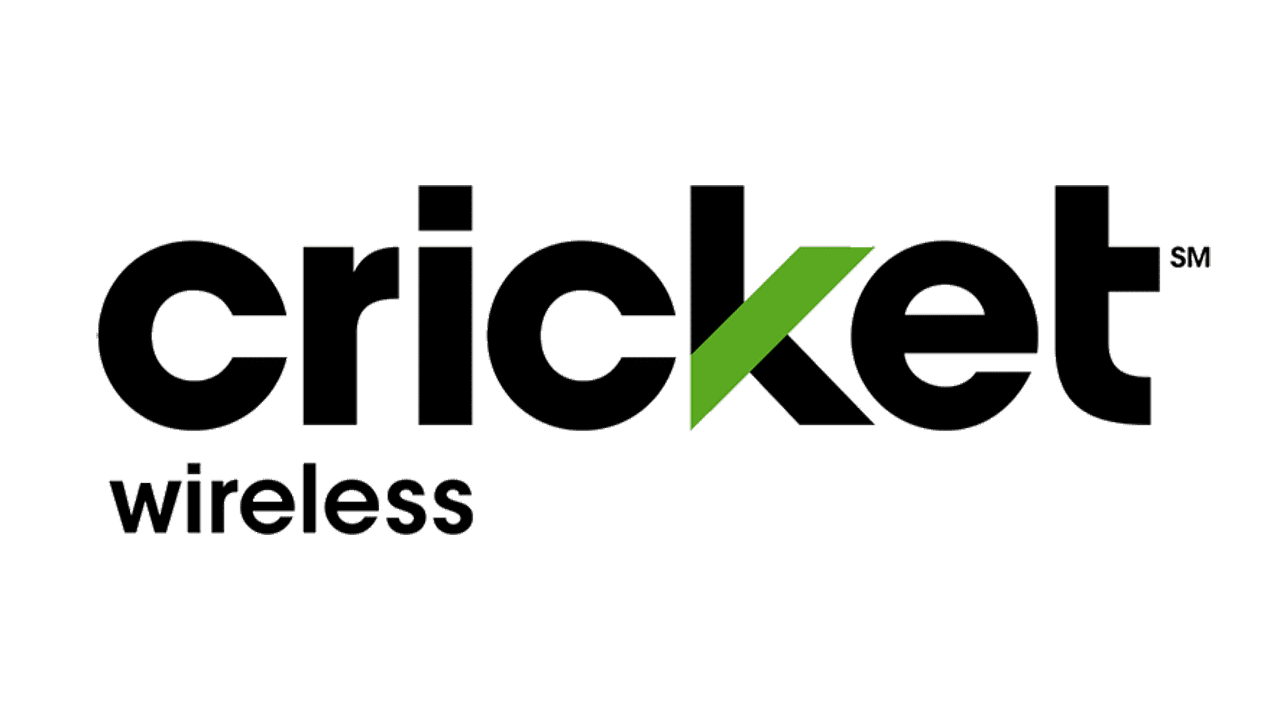Key Points
- Prepaid plans offer flexibility and savings — no credit check, no contract.
- Contract plans bundle perks, family discounts, and device financing — but cost more long-term.
- The right choice depends on how much data you use and whether you upgrade phones often.
Most cell phone carriers are phasing out traditional two-year contracts, but the difference between prepaid and postpaid (contract-style) plans still matters.
In 2025, most big carriers (AT&T, Verizon, T-Mobile) now offer both:
- Prepaid plans through brands like Cricket, Visible, and Metro.
- Contract or postpaid options with monthly billing, device payments, and premium perks like faster 5G access and streaming subscriptions.
Data speeds, taxes, and perks vary widely — so price alone doesn’t tell the full story. And if you’re a student, there are special student cell phone plans that may work for you!
Average Monthly Costs In 2025
Here’s why this matters – the average monthly cost of prepaid cell service is usually significantly cheaper than postpaid/contract plans:
|
Plan Type |
Single Line Cost |
Family (4 Line) Cost |
Notes |
|---|---|---|---|
|
Prepaid |
$15 – $50 |
$80 – $120 |
No credit check |
|
Contract |
$65 – $90 |
$140 – $220 |
May have added taxes and fees |
Prices reflect national averages for unlimited data plans. Regional carriers and MVNOs may offer cheaper rates.
Prepaid Plans: Pay First, Save More
How it works: You pay before using service, often monthly or quarterly.
Pros:
- No credit check or contract.
- Easier to switch carriers anytime.
- Cheaper monthly rates for light or moderate data users.
- Bring your own phone to avoid hidden device costs.
Cons:
- May lose service if you forget to pay.
- Data may be slowed (deprioritized) during network congestion.
- Fewer perks like free roaming, streaming bundles, or phone financing.
Good fit for: Students, budget-conscious users, and anyone comfortable buying a phone outright.
Example:
Visible (Verizon-owned) offers unlimited talk, text, and data for $25/month — no annual contract.
Contract Plans: More Perks, More Cost
How it works: You’re billed after using service, often with a financed device or long-term commitment.
Pros:
- Access to premium networks and faster 5G speeds.
- Bundled perks (streaming services, international roaming, hotspot data).
- Family plans often lower the per-line cost.
- Option to finance or upgrade devices every 1–2 years.
Cons:
- Higher monthly bills with taxes and surcharges.
- Requires credit check or deposit.
- Harder to switch carriers if you finance a phone.
Good fit for: Families, heavy data users, and those who want convenience and bundled benefits.
Example:
T-Mobile’s Go5G Plus plan includes 100 GB premium data, Netflix, and international texting — but costs about $90/month for one line.
The Cost For Prepaid Cell Phone Plans
Let’s consider the actual costs per month and over the course of a year when you compare a prepaid cell phone plan to a contract plan.
Are prepaid cell phones actually cheaper?
Let’s take a look at a handful of the top prepaid cell phone companies that offer you at least 5GB of data each month.
Mint Mobile
Mint Mobile offers prepaid plans starting at $15 per month for unlimited talk, text, and data for the first year.
Check out Mint Mobile prepaid phone plans here.
Boost Mobile
Boost is another low cost cell phone provider that offers an unlimited plan with talk, text, and data for $25/mo forever. With it, you get 30GB of premium data.
It’s important to note that this plan doesn’t include a device, and doesn’t include taxes – so you’ll likely have some more out of pocket expenses. They do offer slightly more expensive plans that include more features.
Cricket
Cricket’s main plan goes for $35 a month, and you get unlimited talk, text, and data. The only requirement is you setup autopay.
So on average for a prepaid plan that offers you talk, text and data of at least 5GB (the average amount of data cell phone users will use in a month), you are looking at a payment of $50 monthly.
Taxes and additional fees are usually included in this cost so there are no extra monthly surprises. Also with prepaid networks you can bring your own device or purchase a device outright (although some like MetroPCS do have deep discounts going on all year round for phones).
There are even smaller plans if you want to go a little lower and still get good service.
The Cost For Contract Cell Phones
Now let’s compare this with their biggest contract counterparts. For a full list of the best cell phone plans, check this out.
AT&T
ATT Unlimited Starter Plan starts at $65 per month. This plan includes unlimited talk and text, but ATT is clear they may slow down your data. However, right now they’re running a special of $25/mo if you prepay for the entire year.
However this does not include taxes and fees and if you purchase a phone from them you have the opportunity to put zero down and split the payment for the phone into smaller payments over several months.
So in reality, your monthly bill could be closer to $100 per month.
Verizon
Verizon has plans starting at $70 per month for unlimited data as well (it drops to $35 per month if you have 4 lines). Taxes and fees are additional plus there is a $20 device payment for smartphones. Also, if you don’t enroll in paperless statements, you jump up $10 per month.
Here too, the monthly payment is more likely to be closer to $100+.
Read our full Verizon Wireless review here.
And so overall, as you can see you are likely to pay more on a contract cell phone plan as compared to a prepaid plan.
How To Choose?
Ask yourself these five questions:
- How many lines do you need? (Family plans may favor contracts.)
- How much data do you use? (Under 15 GB/month? Prepaid may save you.)
- Do you travel abroad? (Contracts offer better roaming support.)
- Do you upgrade your phone every year? (Postpaid plans simplify this.)
- Do you want perks or flexibility? (Pick what matters most.)
Closing Thoughts
If you want freedom and lower bills, prepaid is the smarter choice.
If you want premium perks, family savings, and seamless device upgrades, contract plans can be worth the extra cost.
Either way, check for hidden taxes and fees, and always compare total cost — not just the advertised price.
What has your experience been with contract plans vs prepaid ones? Your thoughts are welcome in the comments.
The post Prepaid vs. Contract Cell Phone Plans: Which Is Better? appeared first on The College Investor.





